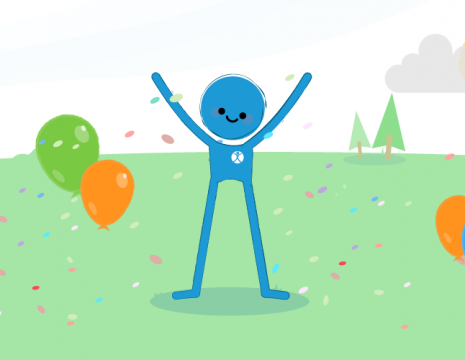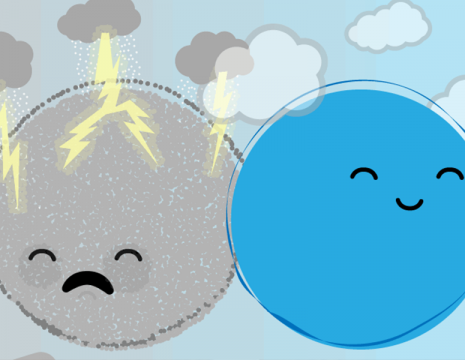Report highlights appetite for self-help among stress sufferers
A report commissioned by Royal London has indicated that GP visits relating to stress, anxiety and depression are on the increase in the UK, with many wanting to explore self help options.
85% of UK GPs reported a rise in the number of patients with symptoms of stress, anxiety and depression in the past five years. The time spent discussing such issues with patients amounted to at least one day per week.
Many delaying seeking help with mental health problems
A supporting survey also showed that people are delaying seeking help. 58% of UK adults who experienced stress, anxiety or depression for over one week didn’t see their GP, with 41% of them reporting that they didn’t think their symptoms were severe enough, and 29% stating they didn’t think their GP would be able to help.
Worryingly, 21% of patients surveyed waited six months before seeking help.
Stress triggers
One in three people diagnosed with stress, anxiety or depression said their symptoms resulted in them being signed off work.
The most common factors leading to these symptoms included problems at work (34%), loneliness (32%), and relationship strains with friends and family (30%).
Appetite for self-help
Nearly half of those who delayed visiting their doctor (49%) said they wanted to try self-help methods first such as mindfulness, relaxation techniques or exercise.
Ajay Khandelwal, Chief Executive at Lambeth and Southwark Mind, commented on the findings: “It’s concerning to read GPs report an increase in patient consultations for stress, anxiety and depression in the last five years, but even more worrying that people are delaying seeking help.”
He encouraged those who do not want to see their GP to consider seeking help from mental health charities, such as Mind.
Self help for stress, anxiety and mild to moderate depression
The My Possible Self app was designed for people suffering from anxiety, stress or mild to moderate depression, who want to try self help. Rather than replacing medical interventions or counselling, it seeks to complement other therapies and widen the options for people looking for support.
It can also help with sleep, goal-setting, communication and problem solving, to help people live better and build resilience.
Read the full findings of the report on Royal London’s website.
To try the My Possible Self app for free, download it from the App Store, Google Play or via desktop at https://www.my-possible-self.com/.

